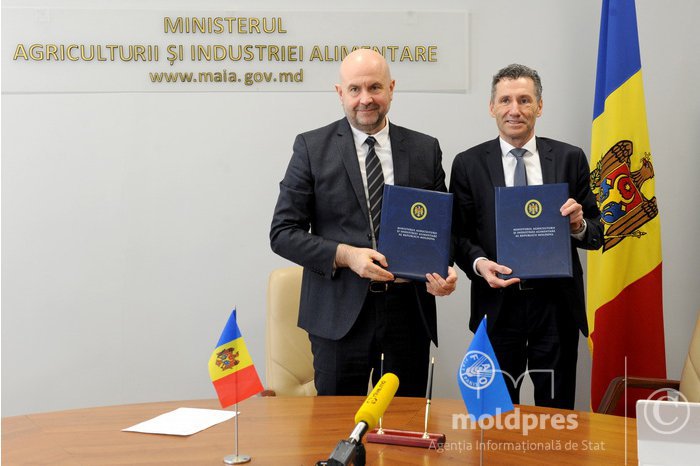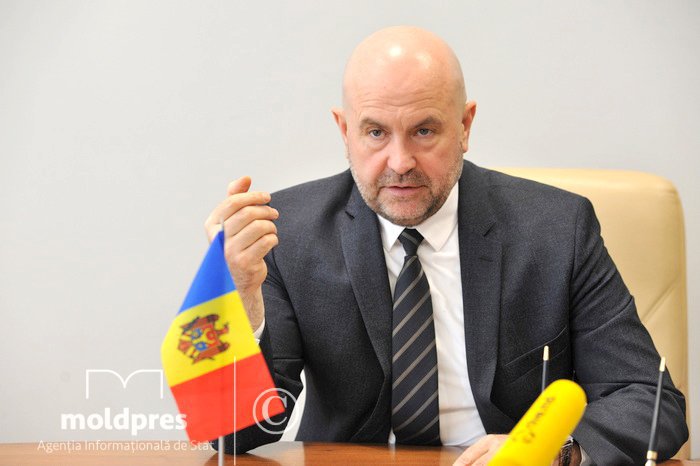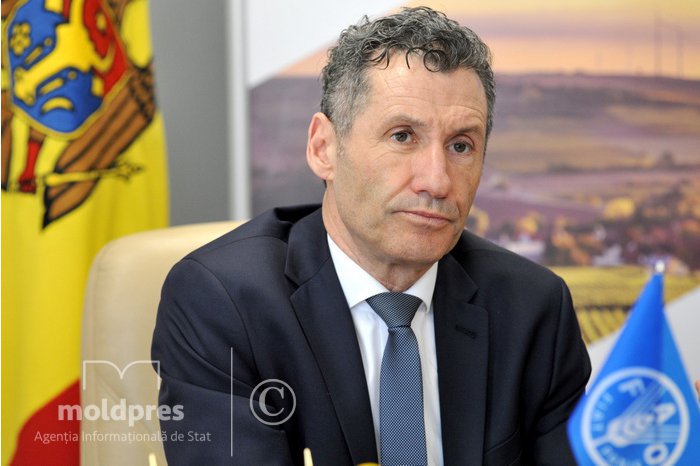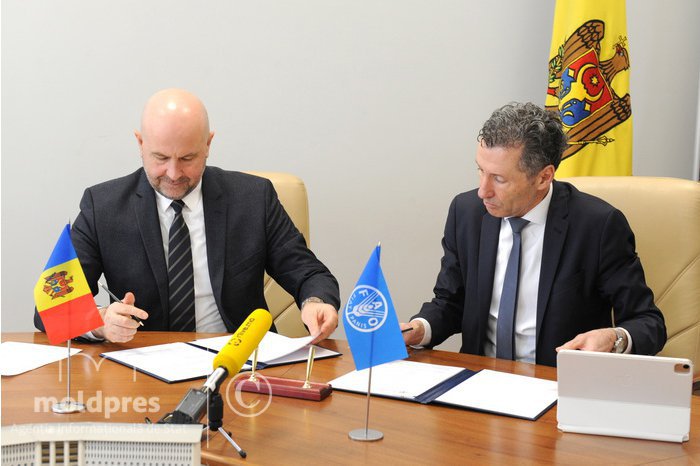Ministry of Agriculture and Food Industry discusses harnessing FAO assistance to table grape producers
14:22 | 01.07.2024 Category: Economic
Chisinau, July 1 /MOLDPRES/- A workshop for the initiation of the Food and Agriculture Organization of the United Nations (FAO) project was opened with the Ministry of Agriculture and Food Industry (MAIA), aimed at supporting Moldovan table grape producers.
Moldova's table grape sector is to receive support through the One Country One Priority Product (OCOP) initiative, globally led by FAO. A technical assistance project worth 350,000 dollars for two years was signed in late February between FAO Representative in Moldova Raimund Jehle and Deputy Prime Minister Vladimir Bolea, MAIA head.
The needs of the sector are discussed at the workshop, including the presentation of available data and information for analyzing the value chain from a social-economic and environmental point of view. Strategic priority areas were also identified that will help boost investments in the value chain and increase the competitiveness of the sector. Subsequently, on the basis of the strategic priorities identified at the workshop, FAO and United Nations Industrial Development Organization (UNIDO) experts will map the value chain of the table grape sector.
Bolea said that the collaboration with FAO is perfectly in line with the government's commitment to promoting innovative and sustainable agricultural practices.
Vladimir Bolea: The implementation of this agreement will help the government improve the entire value chain of the table grape sector, promoting smart, sustainable and climate-resilient agriculture, along with diversifying local markets and strengthening export capacities.
The assistance comes at a crucial time for Moldova's table grape producers, who are navigating a series of challenges, including the war in Ukraine, geopolitical tensions and economic uncertainty. Reaching an annual production of more than 130,000 tons - 60 percent of which is traditionally exported - the sector is struggling with rising production costs, limited market access and an increased dependence on imported agricultural materials. These obstacles underline the urgent need for a strategic shift and market diversification, with producers in particular oriented towards the European Union, to maintain the long-term viability of the sector.
Benefiting from FAO's expertise, the project will carry out a thorough Value Chain (VC) analysis for the development of a strategic investment plan to be integrated into the Ministry's policy framework. Furthermore, the project will facilitate the creation of five farmer field schools across the country where table grape producers will have the opportunity to learn and adopt sustainable production techniques and marketing innovations. A Data Center will also be set up to collect information relevant to the table grape sector, which will then be managed by the National Office of Vine and Wine under the aegis of the Ministry of Agriculture and Food Industry.
Vladimir Bolea: I am confident that FAO's expertise will be useful to small-scale table grape producers, who will be able to learn and apply new technologies and tools to increase their production and sales.
According to Raimund Jehle, "this structured approach to addressing immediate challenges, together with strategic plans for long-term sustainability and growth, provides a solid basis for increasing the resilience and profitability of the table grape sector".
Raimund Jehle: This initiative is part of FAO's framework of Regional Programme Priorities, aimed at developing small, family and young farmers for a better living, improving agri-food trade, market integration, and sustainable management of natural resources in a changing climate.
The OCOP initiative allows countries to highlight and stimulate the development of value chains for Special Agricultural Products that are distinguished by unique qualities, geographical denomination, agricultural practices, are part of cultural heritage or have a potential that is not fully used. They are products that have not yet fully benefited from the advantages of agricultural and rural development programs, and which also contribute to food security and to a sustainable environment and biodiversity. By selecting table grapes as a Special Agricultural Product, the Republic of Moldova recognizes the role of the sector in making a significant contribution to the country's economic prosperity, as well as to a healthy and diversified diet.
In the Republic of Moldova, the annual grape production is over 130,000 tons - more than half of which are traditionally exported.
Reporter: Lilia Grubii




